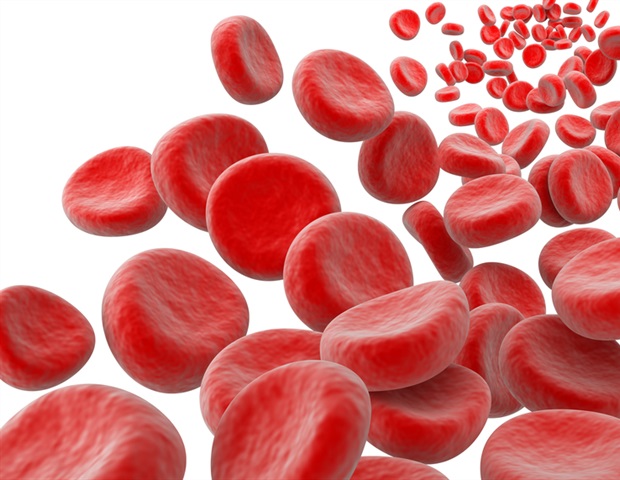Monocytes, a special type of white blood cell, secrete cytokines as inflammatory messengers that are crucial for an appropriate immune response. Researchers at the University Hospital Bonn (UKB) and the University of Bonn have now discovered that platelets, also known as thrombocytes, communicate with monocytes and increase their inflammatory capacity. By understanding the platelet-monocyte interaction, they hope to improve the treatment of immune disorders and associated diseases.
The results of the study have now been published in the renowned journal "EMBO Molecular Medicine" and will be featured on the cover of August issue. Monocytes are white blood cells, known as leukocytes. They are an important part of the innate immune system and contribute to host defense in the blood by secreting large quantities of pro-inflammatory cytokines.

Abnormal activity of monocytes leads to hyperinflammation, i.e. very severe inflammation, as well as life-threatening cytokine storms.
On the other hand, disturbed monocyte function is associated with "immune paralysis". In this condition, the immune system's ability to fight off invaders such as viruses and bacteria is inhibited. This increases susceptibility to infections.
"It is therefore crucial to understand how the functions of monocytes are regulated," says senior and corresponding author Prof. Dr. Bernardo Franklin from the Institute of Innate Immunity at the UKB and the Cluster of Excellence ImmunoSensation 2 at the University of Bo.























